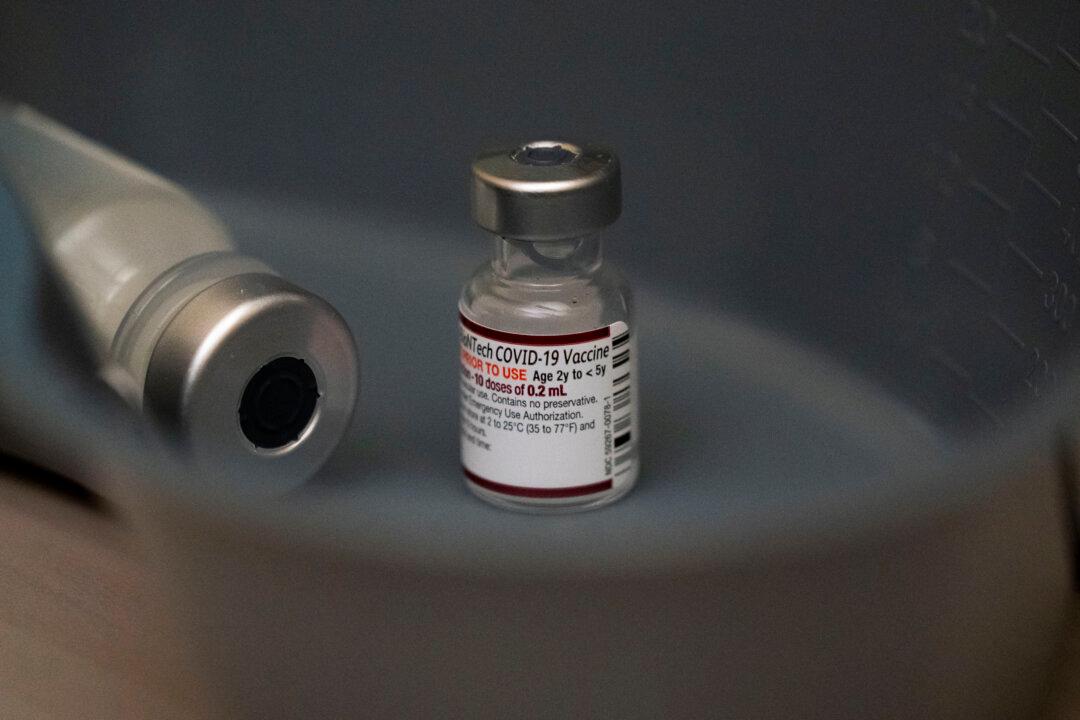The new COVID-19 vaccine boosters barely provide any protection against infection, according to a new study.
The boosters, from Pfizer and Moderna, were just 30 percent effective in preventing infection, researchers with the Cleveland Clinic found.

The new COVID-19 vaccine boosters barely provide any protection against infection, according to a new study.
The boosters, from Pfizer and Moderna, were just 30 percent effective in preventing infection, researchers with the Cleveland Clinic found.
